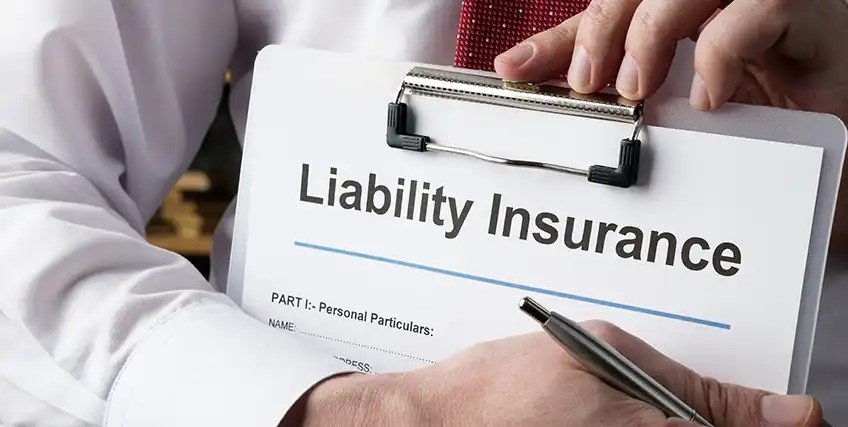Liability insurance is essential, but common misconceptions could leave you more exposed than you think.
Many businesses assume general liability insurance covers everything
One of the most widespread misunderstandings about liability insurance is the belief that a general liability policy offers complete protection. While general liability insurance is a crucial component of risk management, it does not safeguard against all potential threats. Many businesses assume that property damage, employee injuries, and professional mistakes fall under the same umbrella of coverage. In reality, these scenarios often require separate policies such as professional liability insurance, workers’ compensation, or commercial property insurance. Failing to recognize these gaps can lead to significant financial losses in the event of a claim. Businesses should conduct a comprehensive risk assessment to determine which types of coverage are necessary to ensure full protection.
Personal liability insurance is not sufficient for business owners
Another common myth is that personal liability insurance extends to business-related activities. Business owners who operate from home or run small enterprises sometimes assume that their homeowner’s insurance or personal liability coverage will protect them in the event of a lawsuit. However, personal insurance policies generally exclude business-related incidents, leaving entrepreneurs exposed to serious financial risks. Even a seemingly minor claim, such as a customer slipping on your property, could result in significant out-of-pocket expenses if the right coverage is not in place. To prevent financial disaster, business owners should invest in a tailored business liability policy that addresses their specific industry risks.
Professional liability insurance is only necessary for large corporations
Many small business owners believe that professional liability insurance, also known as errors and omissions insurance, is only relevant for large corporations. This misconception can be costly, as lawsuits related to professional errors, negligence, or contract disputes can affect businesses of all sizes. Consultants, freelancers, and service providers are particularly vulnerable, as a dissatisfied client could file a claim alleging financial loss due to poor advice or service. Without professional liability insurance, even a small legal battle can become financially devastating. Investing in the right coverage ensures that businesses, regardless of size, are protected from claims that could otherwise drain resources.
Umbrella policies automatically cover all gaps in liability insurance
Some policyholders assume that purchasing an umbrella liability policy will automatically fill any gaps left by other forms of coverage. While umbrella insurance does provide additional protection by extending coverage limits, it does not replace specialized liability policies. For example, an umbrella policy typically will not cover professional errors, cyber liability, or employment-related claims unless explicitly stated. Relying solely on umbrella insurance without understanding its limitations can create a false sense of security. Instead, businesses and individuals should work with insurance professionals to identify any remaining gaps and secure the right combination of policies to maximize protection.
Liability insurance eliminates the need for legal preparation
A final misconception is that having liability insurance means there is no need for legal precautions. While insurance provides financial protection, it does not prevent lawsuits from occurring in the first place. Businesses should still implement strong risk management strategies, such as clear contracts, proper employee training, and safety measures to minimize potential liabilities. Additionally, policyholders should regularly review their coverage limits and policy terms to ensure they remain adequate as their business evolves. Relying solely on insurance without proactive legal planning can leave businesses vulnerable to costly legal disputes and reputational damage. Combining insurance with strong preventative measures is the best way to ensure long-term protection.
